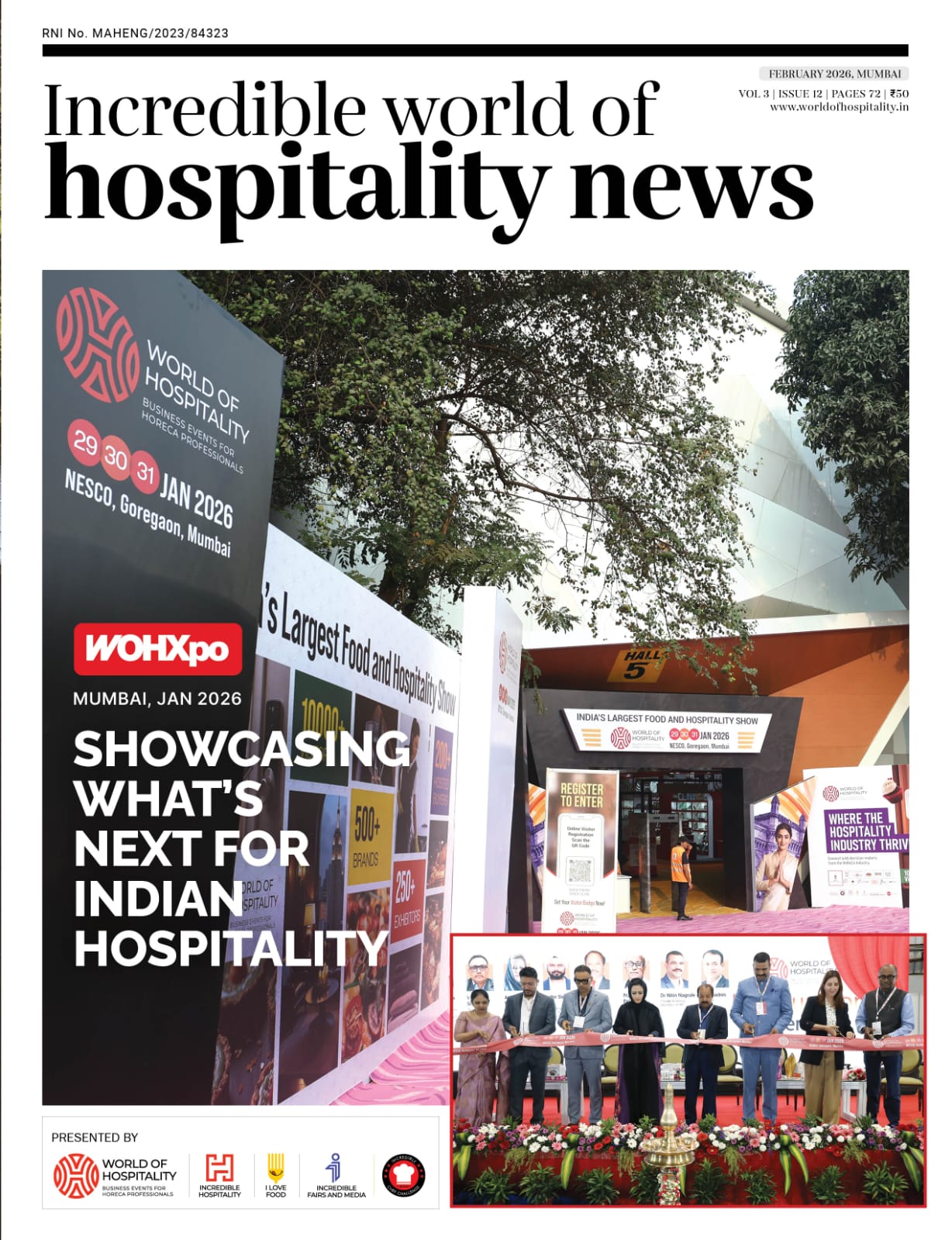Supply chain management has become extremely critical in the current scenario. Mubashar Shahab, a mortgage professional and hospitality procurement expert associated with NewWay Mortgages, formerly Vice President, Procurement with Accor Hotels and earlier associated with FRHI Hotels & Resorts International (Fairmont, Swissôtel and Raffles Hotels & Resorts), tells Sanjiv about the way hospitality should approach supply chain management and procurement to address operational and customer demands.
How the pandemic has changed the hospitality scenario, especially procurement aspect of it?
Many of the new hotel operational plans include a consultancy with a leading medical organisation, products and technologies from major chemical providers. A multifaceted approach that addresses an organisation’s specific challenges will help determine the best way of managing the supply chain and ensure its resilience. In formulating a response strategy, hospitality organisations need to consider the following: position procurement and sourcing as a strategic tool to mitigate supply chain disruptions; identify and implement alternative sourcing strategies for essential products and critical services; and, develop a go-forward plan for procurement modernisation to address supply chain resilience.
Health, safety and hygiene. Your insights.
Increased health and safety concerns teamed with a heightened awareness for all things hygiene and social distancing mean hotels will first have to reassure their clientele that going on holiday is both safe and desirable. Arguably the key factor in instilling trust among consumers is ensuring strict safety standards are met. This pertains not only to the safety of patrons, but also of hotel staff. Incorporating an “incident command centre” into hotel organograms best enables teams to deal proactively with any health and safety concerns, while also reacting to and incorporating any new governmental guidelines or medical developments. Implementing cleanliness and safety measures will be crucial in winning over guests. In essence, the virtues of cleanliness and safety must become part of hotels’ brand identity.
In your opinion, how do you see the role of procurement evolving in the next few years?
To eliminate single-source dependencies and to establish a flexible and adaptable supply chain, product integrators, sub-system suppliers and component suppliers will source, assemble and deliver from their own facilities. As volumes become more variable, supply chains must become more adaptive, especially if, as forecasts suggest, large suppliers and logistics operators in the hospitality supply chain industry must prepare for major catastrophic events such as weather events, lethal pandemic outbreaks, strikes or other disruptions. Making supply chains more regional, modifying the supply chain as a key business driver and putting back the human asset would be a factor for an agile hospitality business to succeed.
What role has procurement played in offering guests safe and hygienic products and services?
According to many statistics, a wide number of companies globally are diversifying their supply chain to work with more suppliers and having more regional operations. While it’s unclear when the pandemic and this recession will end, what’s certain is that the operational impact from COVID-19 continues to affect the domestic and global supply chains. To maintain supply continuity, many manufacturers and food suppliers will need to identify their mission-critical functions and establish their minimum service thresholds. More companies will need to diversify their supply chain to ensure a steady cadence and continuous flow of products and services.
Has the Purchase Management approach and standard protocols of identifying suppliers/vendors been overhauled during the pandemic?
When a company puts the needs of its customers and employees first, it is investing in its long-term growth, not limiting it. Employees who realise that their company truly cares about their welfare and trusts them to do the right thing, in turn, trust their companies. Customers also react positively when companies develop a people-first culture. Supply chains need to be resilient in order to absorb the shock of disruption and agile to be able to respond quickly, in order to adapt, even to something as serious and devastating as a pandemic. Loyal customers and loyal employees are worth their weight in gold!






